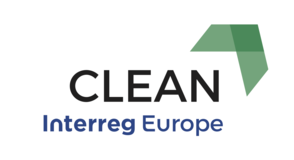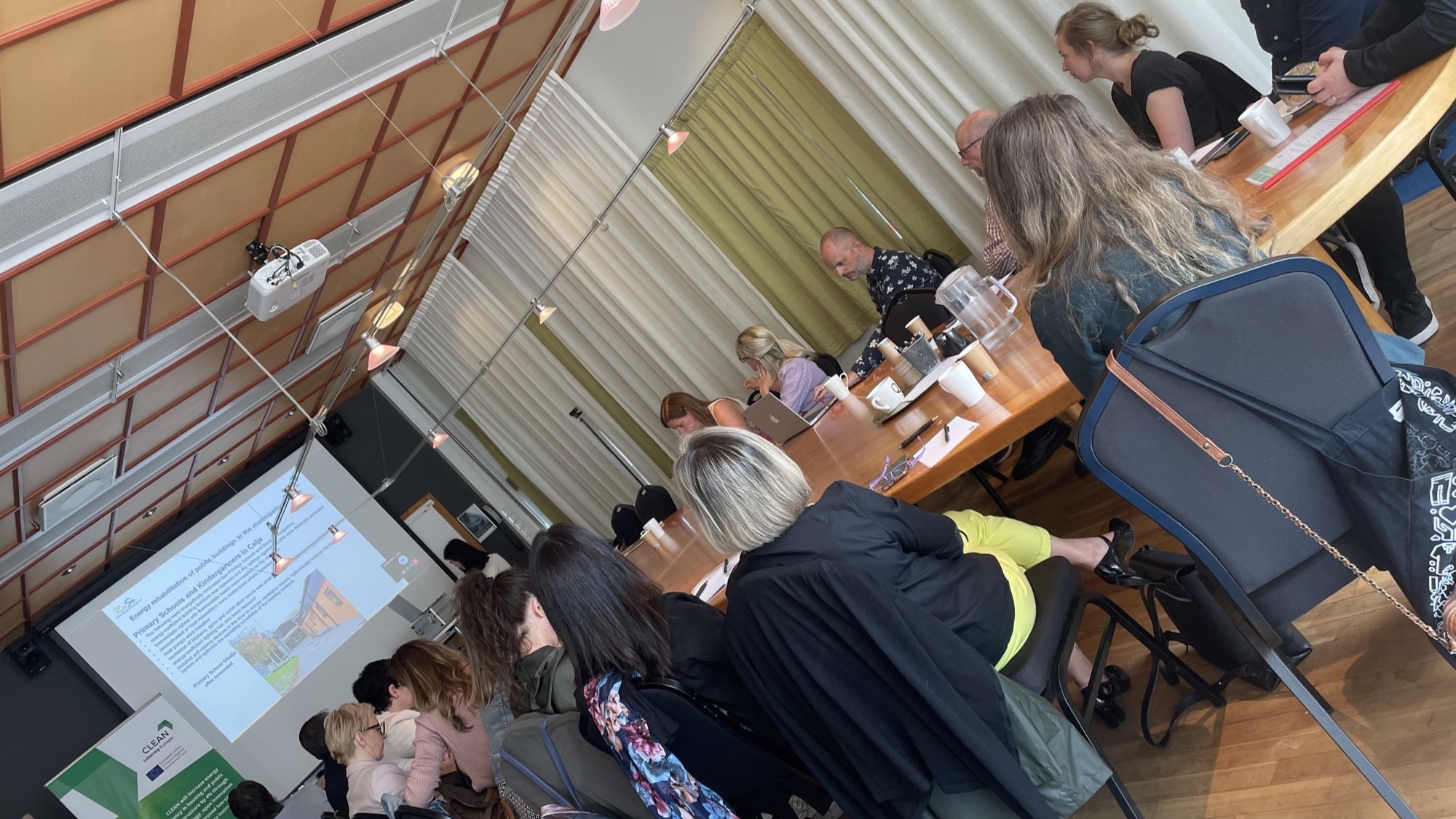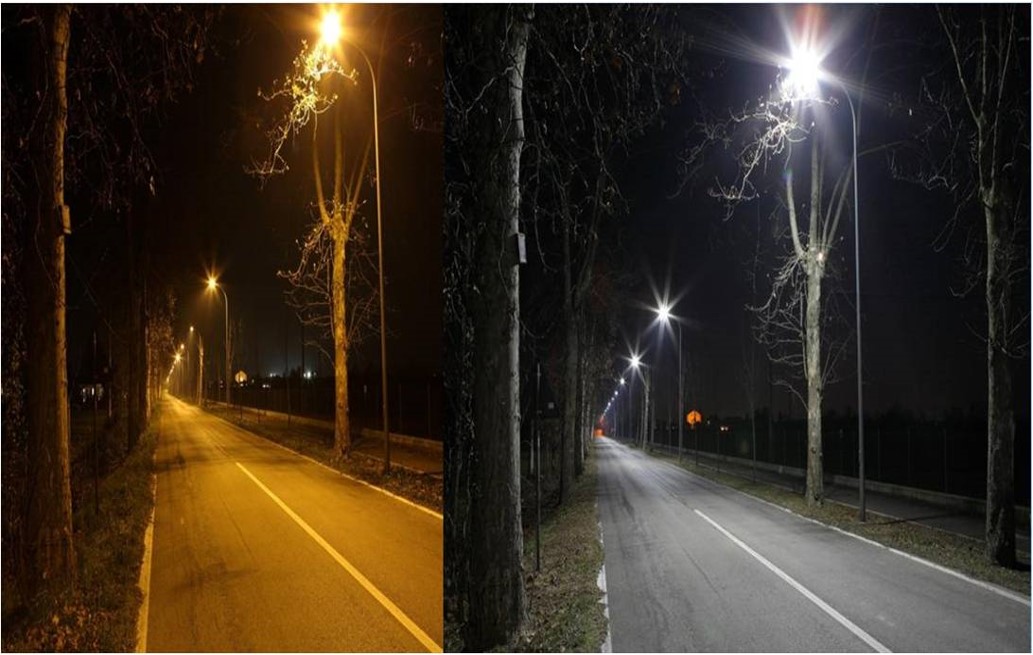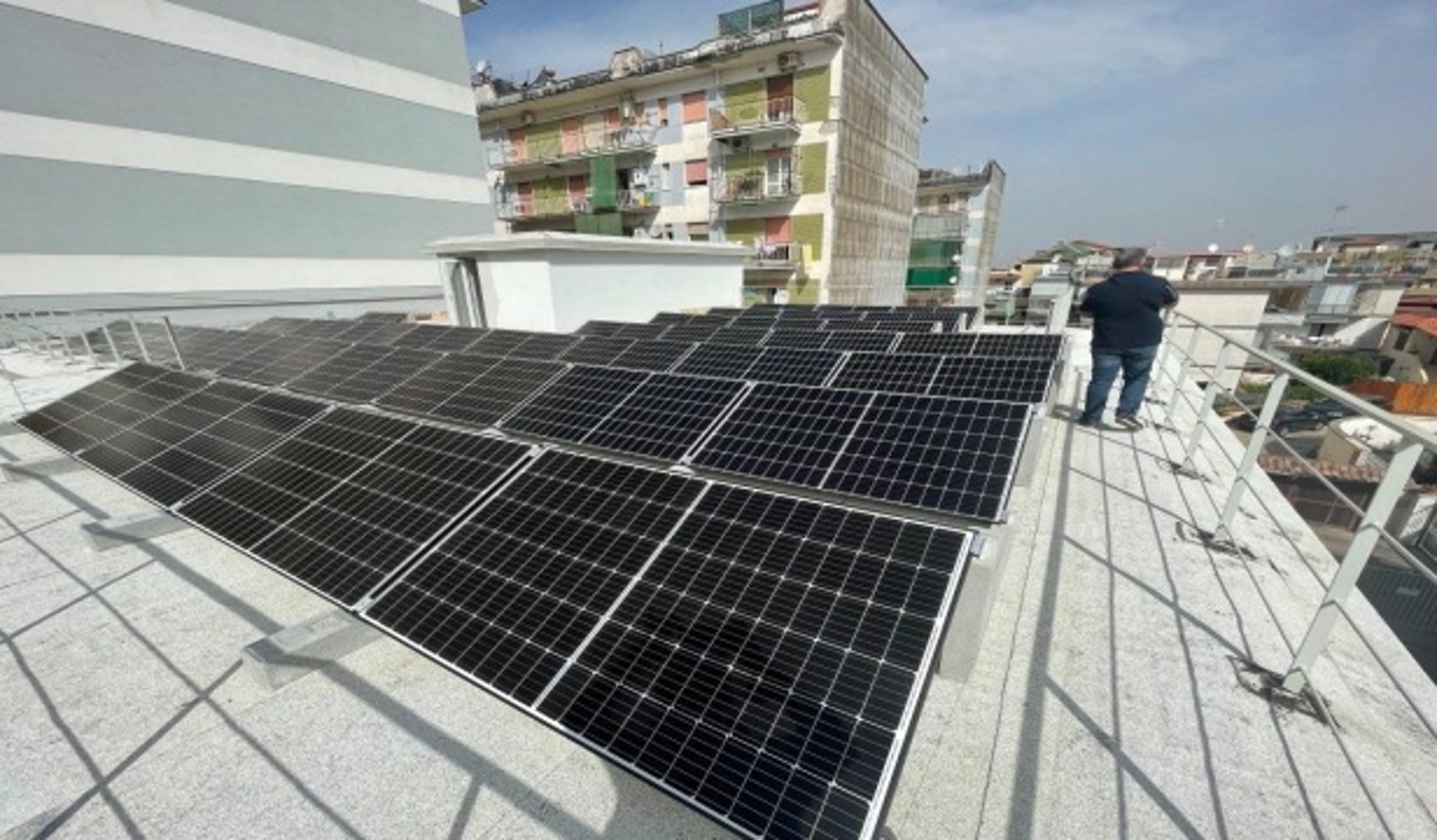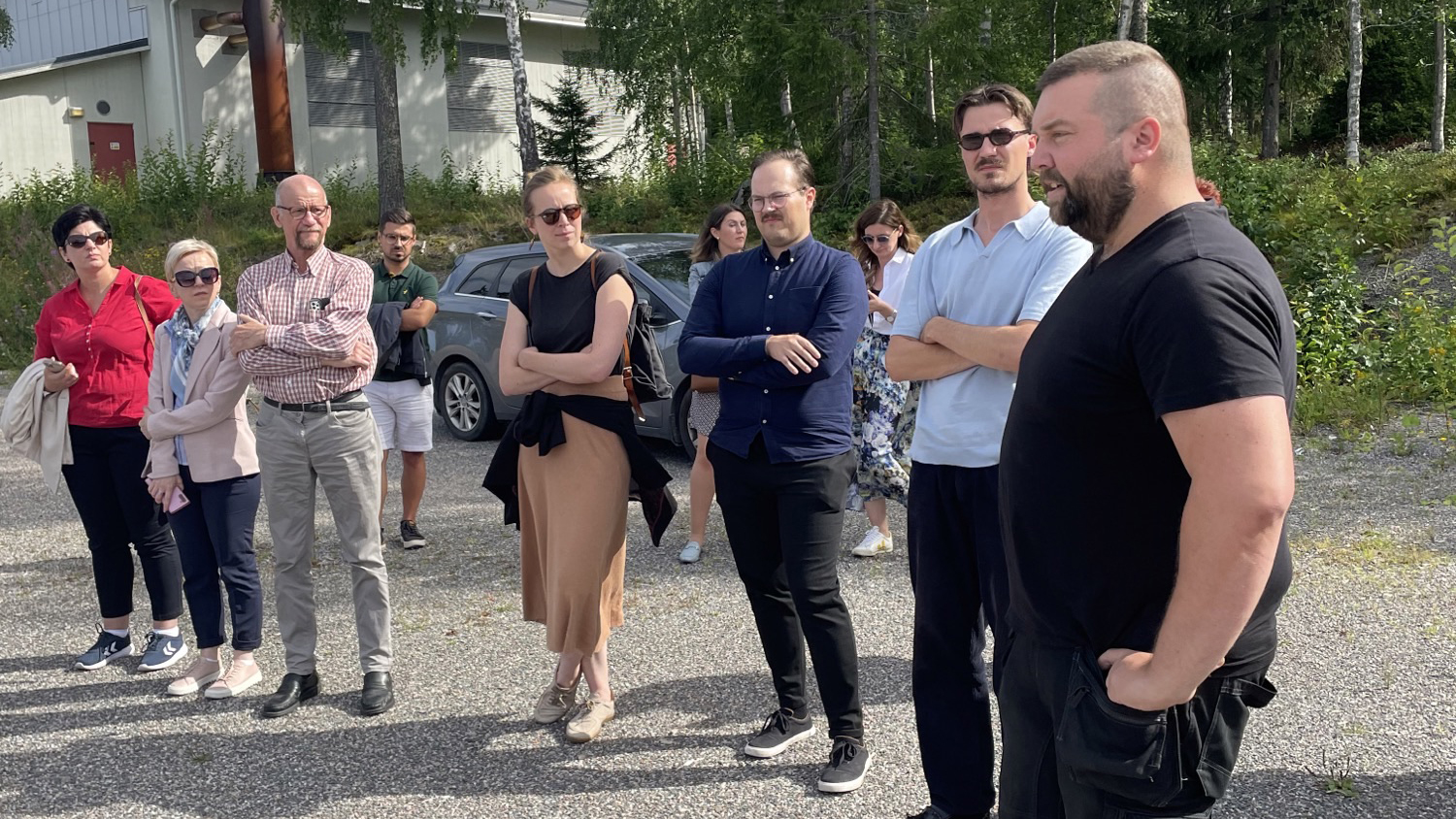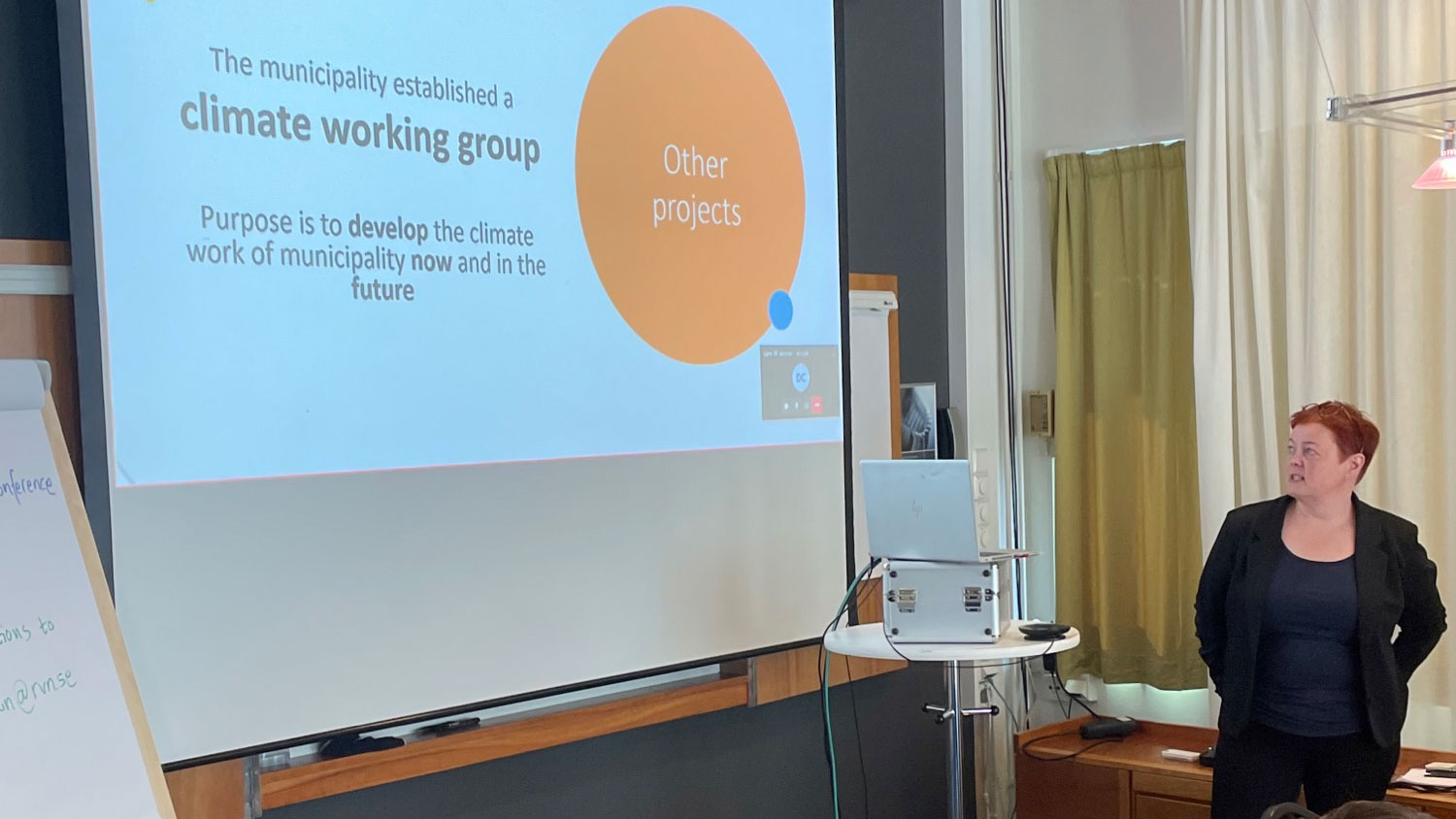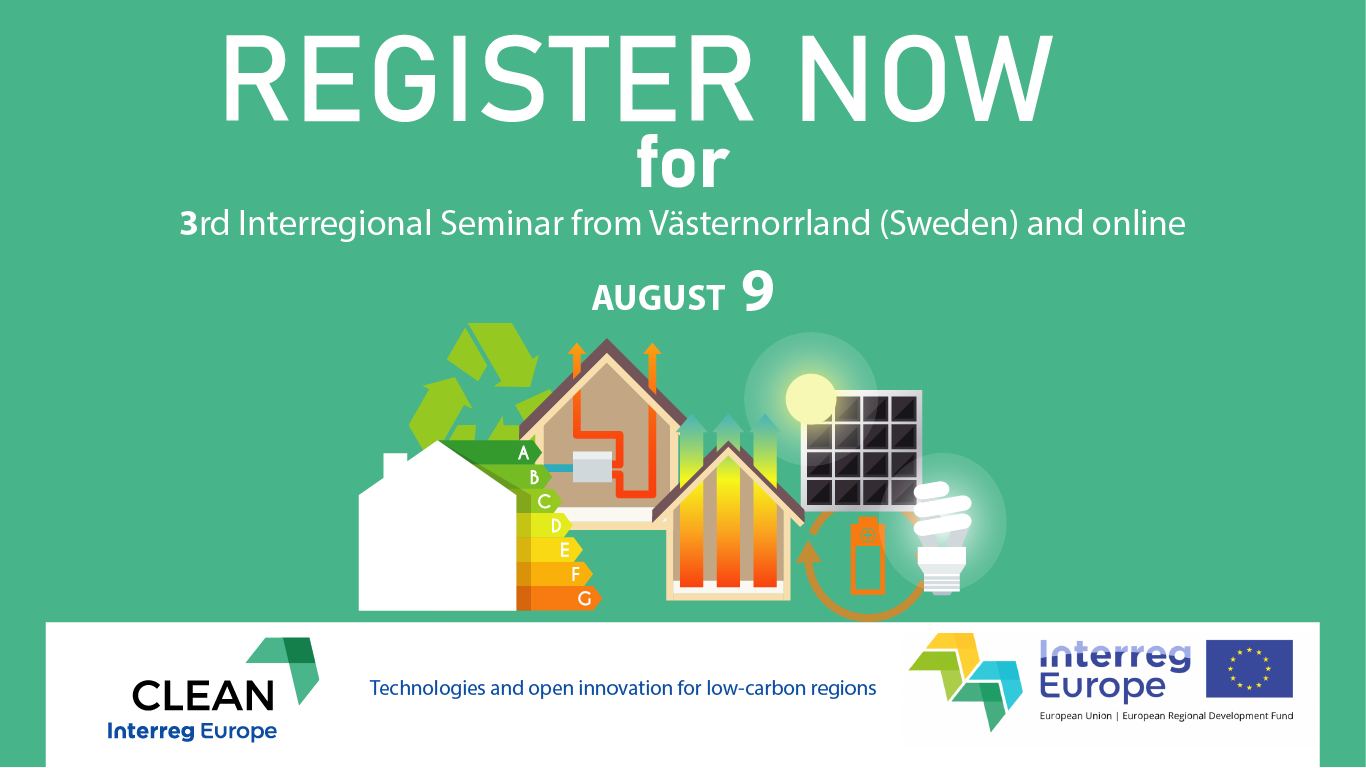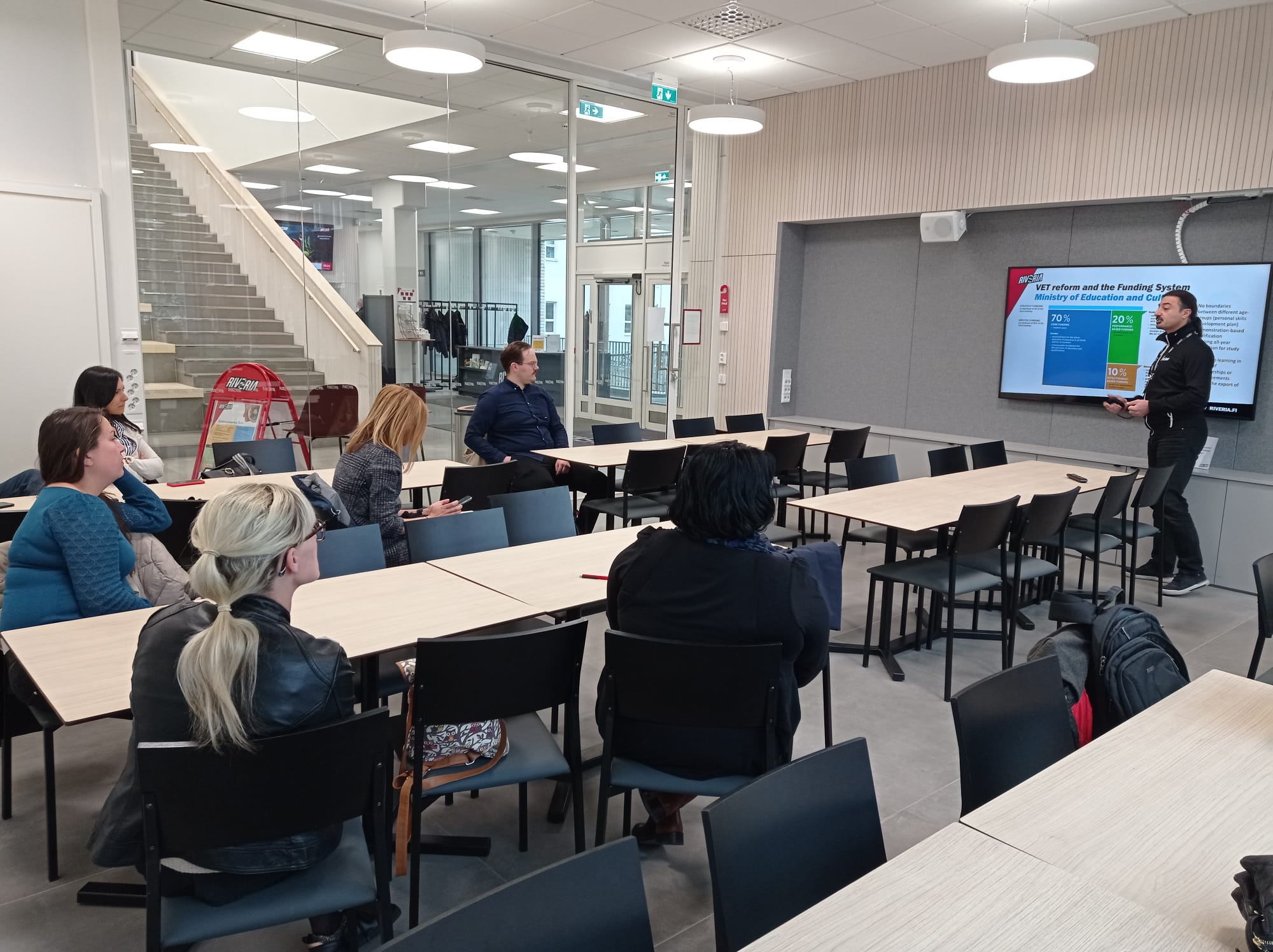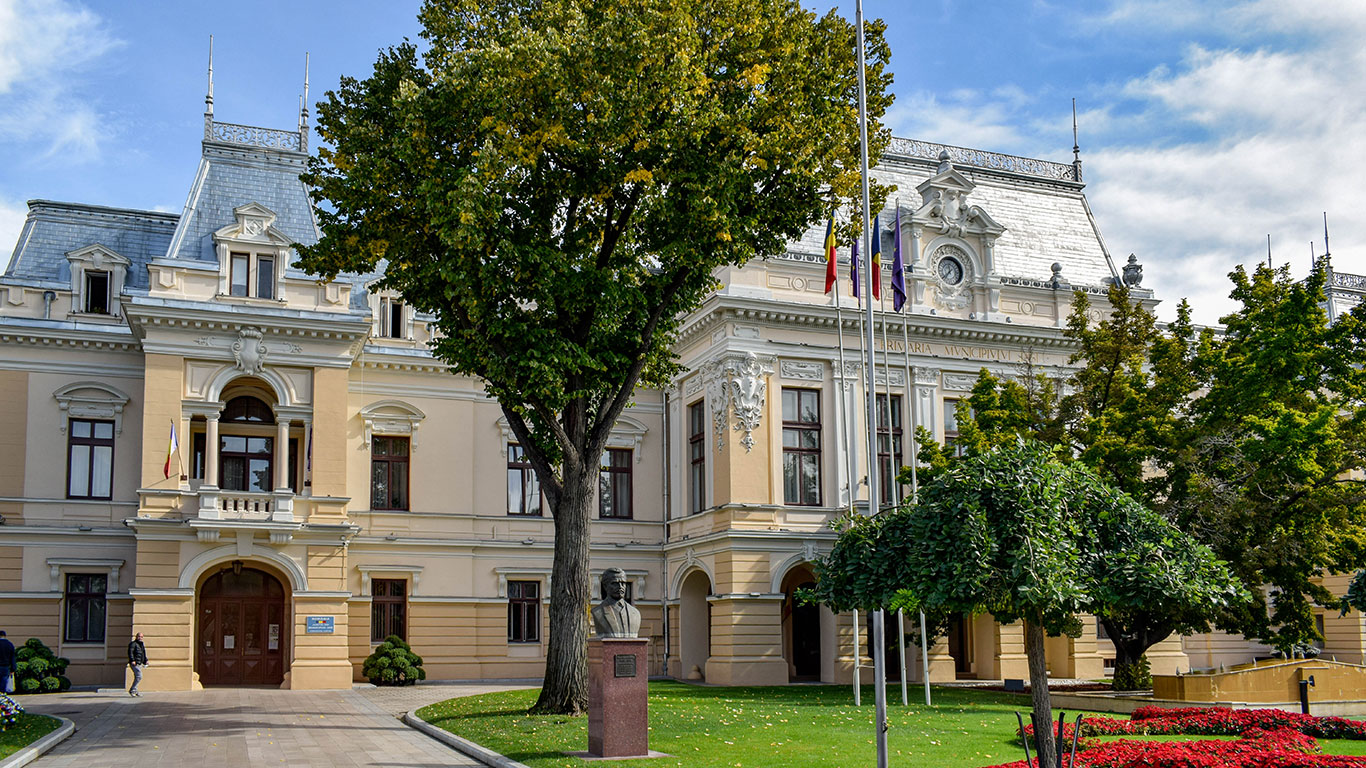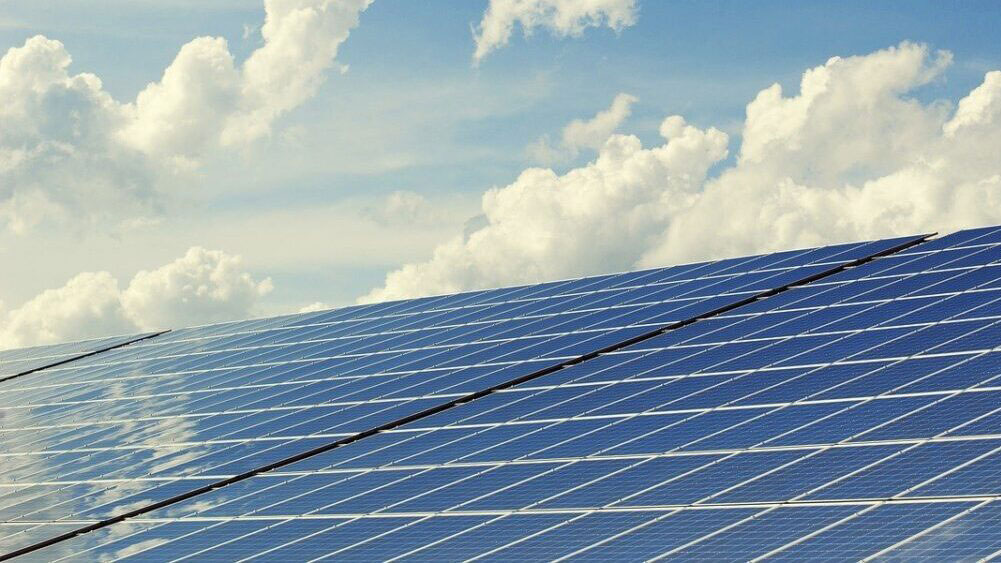In the last article of this series, the attention will be focused in Savinjska region (Slovenia), from where our project partner RASR Development Agency of Savinjska Region has shared 4 good energy practices:
- MIC - Low energy house, a research and educational building, adjusted to Slovenian climate
- Energy Efficiency in School Center Velenje, a new model of energy management of heating and electric energy
- Large-scale capacity building for local public authorities and their project partners in the design, a project following the European Energy Performance in Buildings Directive (EPBD) that defines the increase of energy efficiency in public buildings
- EURONET 50/50 MAX, a methodology that aims to mobilize energy savings in schools and other public buildings increasing energy awareness of the building users and actively involving them in energy-saving actions.
“The CLEAN project has contributed in different ways to the dissemination of 4 good energy practices of Savinjska region. Starting from the fact that a wide audience is reachable through the project's website, among which are also various energy experts, and some of the identified good practices have also gained interest among the CLEAN project stakeholders, especially Energy Efficiency in School Center Velenje, that has a possibility of being adapted and implemented in Finland”, explains Sara Chiba from RASR.
Participation in project’s staff exchanges
During 2018, representatives from RASR and some key stakeholders have participated in 3 staff exchanges to North Karelia (Finland), Region of Crete (Greece) and Normandy (France). This participation has occurred after the identification of more than 30 good energy practices, including the 4 above, among the partnership.
Representatives from RASR, alongside colleagues from ERNACT and local Finnish stakeholders, met in North Karelia on 23-24 January to learn more about the Finnish good practices. Partners got the opportunity to find out more about the heat recovery system from exhaust air at the Central Hospital of Joensuu city, the heat recovery from municipal wastewater installations, the energy efficiency measures at Sirkkala Renewable Energy Park and the project for thermal heating renovation of Sokos Hotel Koli.
“According to Good Practice Energy and Climate programme of North Karelia till 2020, we recognize North Karelia region very similar to our Savinjska region: development of different heating systems, rising wood industry (lots of forest), potential for hydro energy, climate condition – we do not need so much the cooling system as we need heating systems. So, we have to optimize the cooling systems, which are useful just for 2-3 moths in summer. Also, innovative heating and cooling system in Finland can be used in Slovenia and the public led street lights”, mentioned Urška Ošljak, who attended the exchange on behalf of RASR.
Read more about the exchange in North Karelia: report 1 and report 2.
On 12-13 June, RASR Director, Iva Zorenč, and one key stakeholder, Primož Božnik, alongside representatives from partner regions North Karelia (Finland), Iasi Municipality (Romania) and Normandy (France), attended the staff exchange organised in Crete (Greece).
“We were interested in the visit because the good practice Euronet 50/50 MAX was also implemented in Slovenia, in Savinjska region by Energy Agency KSSENA, which is also our strategic partner in CLEAN project. The Green Hospital Project is very interesting for us because it could have potential for Savinjska region, and a similar good practice is also being carried out at School Center Velenje, but it is a little bit of a different environment. Greece and Slovenia are similar countries so it was interesting to see their implementations of similar projects”, explains Iva Zorenč.
Find out more about the exchange in Crete.
On 28-29 November, Sara Chiba attended the exchange in Normandy (France) organised by project partner Cooperative Les 7 Vents. French partners provided further details of the five good energy practices that they shared at the beginning of the CLEAN project.
According to Chiba, “it was a very well-organized staff exchange that gave the attending partners a possibility of a special insight into the progress of other participating regions that are implementing similar good practices. The Cooperative Les 7 Vents’ good practices that were already identified in the earlier stages of the project CLEAN were very well presented and we definitely came back with some new possible ideas for the actions that could be included in our Regional Action Plan. The most inspiring lesson was probably the idea of all the projects being based on close cooperation between organisations, companies and people.”
Find out more about the staff exchange in Normandy.
